The Baron In The Trees 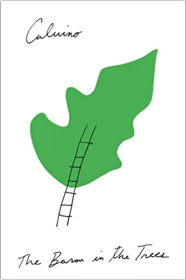 The Castle of Crossed Destinies 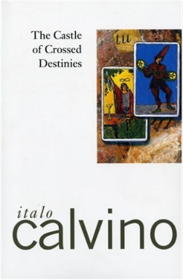 Le Citta Invisibili 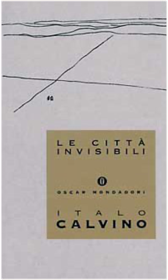 Collection of Sand 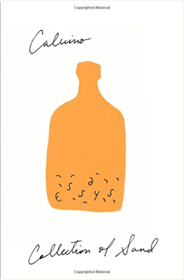 Italo Calvino’s unbounded curiosity and masterly imagination are displayed in peak form in Collection of Sand, the last of his works published during his lifetime. Here he applies his graceful intellect to the delights of the visual world, in essays on subjects ranging from cuneiform and antique maps to Mexican temples and Japanese gardens. Never before translated into English, Collection of Sand is an incisive and often surprising meditation on observation and knowledge, the difference between the world as we perceive it and the world as it is. “Beautifully translated by Martin McLaughlin . . . To read [Collection of Sand] is to enter the presence of an exceptionally fervent and fertile mind . . . A brilliant collection that may change the way you see the world around you.” — PD Smith, Guardian The Complete Cosmicomics 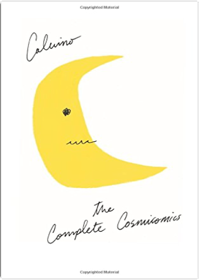 In Italo Calvino’s cosmicomics, primordial beings cavort on the nearby surface of the moon, play marbles with atoms, and bear ecstatic witness to Earth’s first dawn. Exploring natural phenomena and the origins of the universe, these beloved tales relate complex scientific concepts to our common sensory, emotional, human world. Now, The Complete Cosmicomics brings together all of the cosmicomic stories for the first time. Containing works previously published in Cosmicomics, t zero, and Numbers in the Dark, this single volume also includes seven previously uncollected stories, four of which have never been published in translation in the United States. This “complete and definitive collection” (Evening Standard) reconfirms the cosmicomics as a crowning literary achievement and makes them available to new generations of readers. “It’s a joy to have all the cosmicomics within one cover . . . A landmark in fiction, the work of a master.”—Ursula K. Le Guin, Guardian Cosmicomics 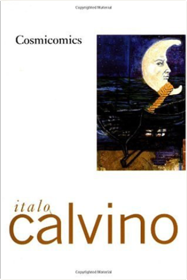 Difficult Loves 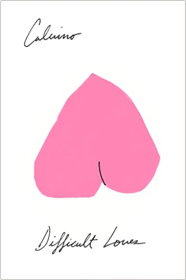 Fantastic Tales: Visionary and Everyday 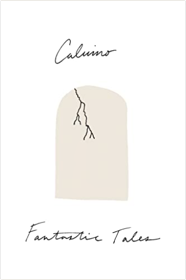 Hermit in Paris: Autobiographical Writings 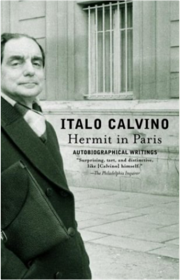 Into the War 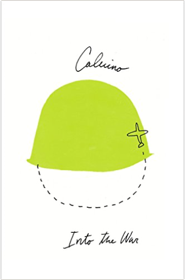 These three stories, set during the summer of 1940, draw on Italo Calvino’s memories of his own adolescence during the Second World War, too young to be forced to fight in Mussolini’s army but old enough to be conscripted into the Italian youth brigades. The callow narrator of these tales observes the mounting unease of a city girding itself for war, the looting of an occupied French town, and nighttime revels during a blackout. Appearing here in its first English translation, Into the War is one of Calvino’s only works of autobiographical fiction. It offers both a glimpse of this writer’s extraordinary life and a distilled dram of his wry, ingenious literary voice. “All three stories attest to the potentially magical, transformative space of adolescence . . . The seeds of the later Calvino — the fabulist who worked profound moral and ethical points into his narratives — are all here.” — Joseph Luzzi, Times Literary Supplement Invisible Cities 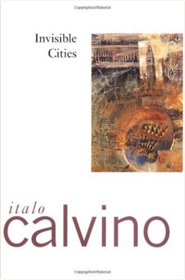 Italian Folktales 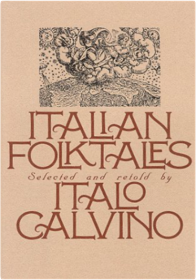 Italo Calvino: Letters, 1941-1985 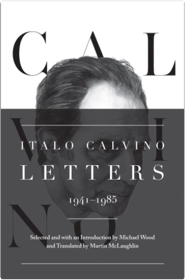 The letters are filled with insights about Calvino's writing and that of others; about Italian, American, English, and French literature; about literary criticism and literature in general; and about culture and politics. The book also provides a kind of autobiography, documenting Calvino's Communism and his resignation from the party in 1957, his eye-opening trip to the United States in 1959-60, his move to Paris (where he lived from 1967 to 1980), and his trip to his birthplace in Cuba (where he met Che Guevara). Some lengthy letters amount almost to critical essays, while one is an appropriately brief defense of brevity, and there is an even shorter, reassuring note to his parents written on a scrap of paper while he and his brother were in hiding during the antifascist Resistance. This is a book that will fascinate and delight Calvino fans and anyone else interested in a remarkable portrait of a great writer at work. Last Comes the Raven: And Other Stories 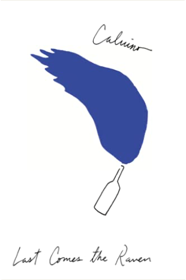 Marcovaldo: or the Seasons in the City 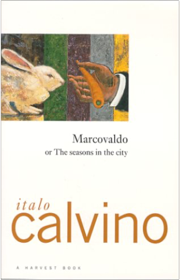 Mr. Palomar 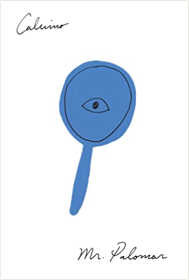 The Nonexistent Knight and The Cloven Viscount 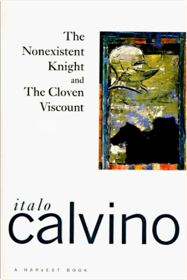 The Nonexistent Knight and The Cloven Viscount 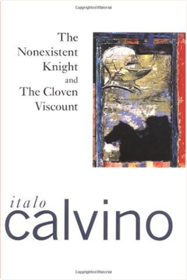 NUMBERS IN THE DARK: And Other Stories 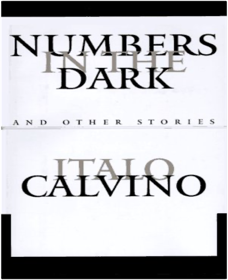 The Path to the Spiders' Nests: Revised Edition 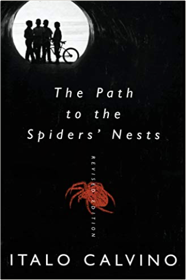 The Road to San Giovanni 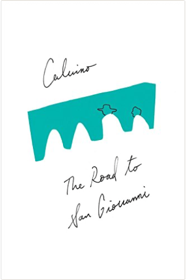 In these autobiographical essays, published after Italo Calvino’s death, the intellectually vibrant writer not only reflects on his own past, but also inquires into the very workings of memory itself. From the title essay’s lyrical evocation of the author’s relationship with his father, and a charming account of teenage years spent in the glow of the cinema screen, to Calvino’s reminiscences of his experiences in the Italian Resistance during World War II and of his years in Paris, to his declaration of purpose as a writer in the final essay’s visionary fragments, these five “memory exercises” are heartfelt, affecting, and wise. “Brimming with Calvino’s beautifully crafted prose, dry humor, and continual questioning . . . Calvino has been very well served by his translator, Tim Parks.” —Observer Six Memos for the Next Millennium 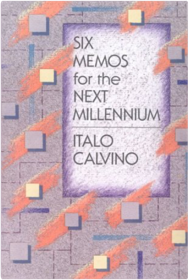 t zero 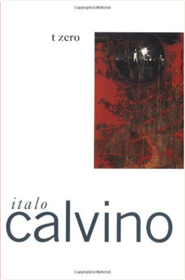 The Watcher and Other Stories 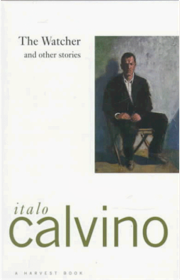 Under the Jaguar Sun 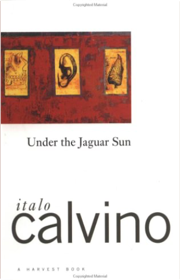 Why Read the Classics? 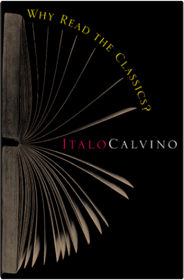 Following the title essay, which explores fourteen definitions of "the classic," Calvino offers writings that are at once critical appraisals and personal appreciations of, among others: Homer, Xenophon, Ovid, Pliny, Nezami, Ariosto, Cardano, Galileo, Defoe, Voltaire, Diderot, Ortes, Stendhal, Balzac, Dickens, Flaubert, Tolstoy, Twain, Henry James, Stevenson, Conrad, Pasternak, Gadda, Montale, Hemingway, Ponge, Borges, and Queneau. At a time when the Western canon and the very notion of "literary greatness" have come under increasing disparagement by the vanguard of so-called multiculturalism, Why Read the Classics? gives us an inspiriting corrective. The Written World And The Unwritten World: Essays 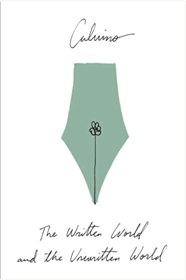 If on a Winter's Night a Traveler (Everyman's Library (Cloth)) 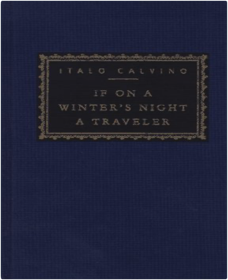 ITALO CALVINO THE NARRATIVE OF TRAJAN'S COLUMN /ANGLAIS 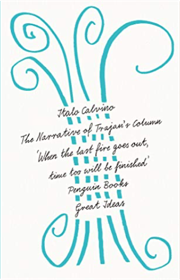 |


Delicious Library
Collection Total:
3,640 Items
3,640 Items
Last Updated:
Nov 2, 2025
Nov 2, 2025

 Made with Delicious Library
Made with Delicious Library